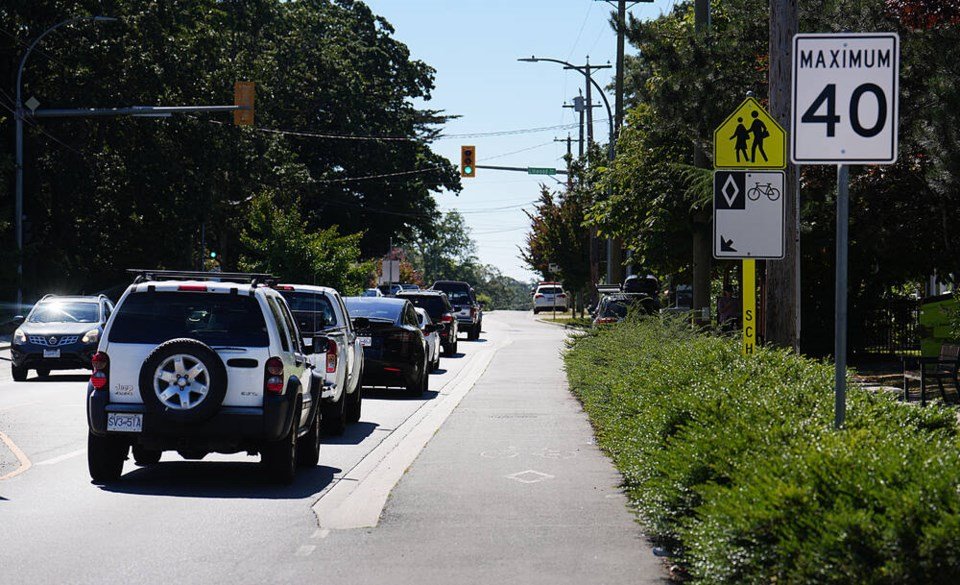Many drivers feel confident behind the wheel, thinking they know exactly how to handle speed. That includes those who feel comfortable driving at 50 km/h, even in residential or less busy areas. But even confident drivers are now being urged to rethink their habits as more cities reduce speed limits to 40 km/h or less.
The change may seem minor, but the science behind it is strong. Even a small reduction in speed can lead to a major drop in accidents. Experts say that reducing average speed by just 10 km/h can cut the chance of crashes by 20 to 30 percent. Dropping speeds by 20 percent may reduce the risk by as much as 60 percent.
Speed doesn’t only make crashes worse. It also makes them more likely to happen. At higher speeds, drivers have less time to react, and vehicles take longer to stop. This makes a big difference when sharing the road with cyclists or pedestrians, or when approaching turning vehicles.
A study from Australia’s Transport Accident Commission compared driving speeds of 50 km/h and 65 km/h. The results showed that at 65 km/h, the risk of a crash is twice as high. This is because the impact of speed on safety is exponential, not linear. A small increase in speed brings a big jump in danger.
Consider a driver going 80 km/h. That’s about 22 meters per second. A normal human reaction time is around 1.5 seconds. In that time, the car already travels 33 meters before the driver even begins to brake. Once you add braking distance, the car will need about 90 meters to stop.
Now, drop the speed to 70 km/h. The total stopping distance comes down to around 70 to 75 meters. That gives an extra 15 to 20 meters to avoid a crash — about the length of a semi-truck. That distance can be the difference between hitting another car or not, between life and death.
The risks for pedestrians are also very clear. If a person is hit by a car traveling at 30 km/h, there is a 90 percent chance they will survive. But at 50 km/h, the survival rate drops sharply to just 20 to 30 percent. At 70 km/h or higher, the chances of survival are almost zero.
There’s also a time argument made by those against speed reductions. Driving 10 kilometers at 80 km/h takes about 7.5 minutes. At 50 km/h, it takes 12 minutes. The difference? Just 4.5 minutes, or 270 seconds. Is that small time savings worth the increased risk of injury or death?
Some local leaders have also pointed out that the problem isn’t always “outsiders” speeding through neighborhoods. When speed enforcement increased in one area after local complaints, most of the tickets were given to people who actually lived there. That shows the issue starts close to home.
It’s tempting to believe that skill or experience makes higher speeds safe. But science and data say otherwise. Speed and crash severity go hand in hand. Lower speed limits are not just rules to follow — they are tools that protect lives.
Whether you’re in a hurry or not, slowing down even a little could be what saves a life. The numbers don’t lie. And physics, as experts often say, does not negotiate.

